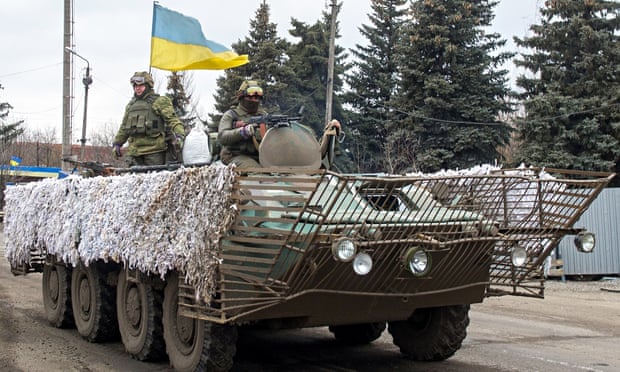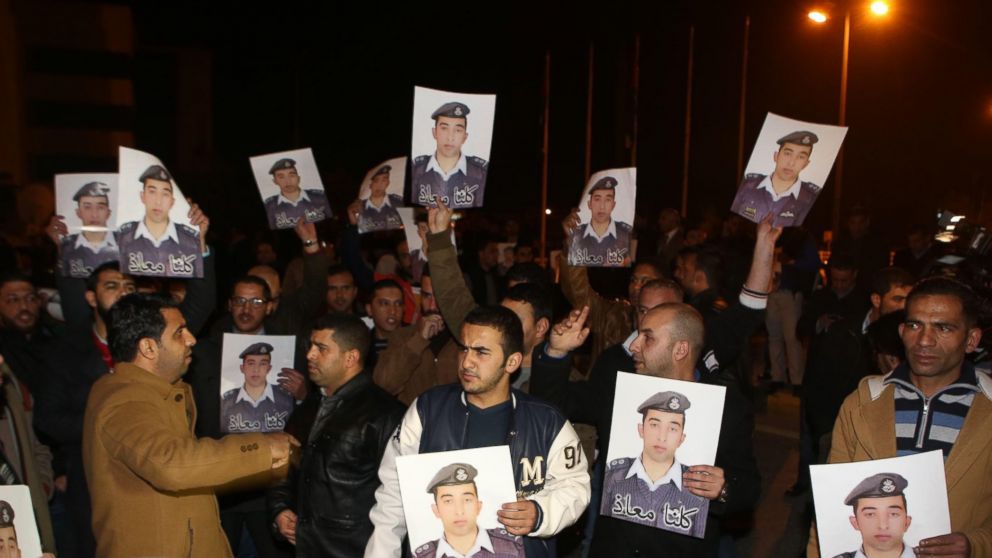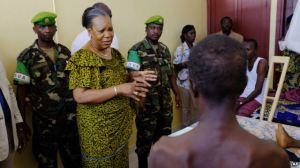By Kyle Herda
Impunity Watch Reporter, Europe
KIEV, Ukraine – German Chancellor Angela Merkel, French President Francois Hollande, Russian President Vladimir Putin, and Ukrainian President Petro Poroshenko are all working towards another meeting in Minsk, Belarus to discuss peace. The first such meeting led to a cease-fire, but that agreement has since broken down as fighting has dramatically increased in Eastern Ukraine once again.

One point that Ukraine is pushing for is monitored security on the border between Ukraine and Russia. This is due to evidence that has come in at several points over the past year that suggests Russia has sent weapons, troops, and vehicles to Eastern Ukraine for the rebels to use in their fight against Kiev. Regardless, Belarusian leader Alexander Lukashenko is eager to bring back peace to their neighboring country.
While these talks may not include the United States, the US is nonetheless considering sending lethal force to Ukraine to assist in fighting the pro-Russian rebels in Eastern Ukraine. Poroshenko says Ukraine would welcome more non-lethal aid such as “counter-barrage radar …, communications and radio jamming technology,” night-vision goggles, and radios. Further, Obama is set to meet with Merkel before she goes to Minsk for the new round of peace talks, likely to discuss and coordinate the United States’s plan and Europe’s plan.
Pro-Russian rebels in Eastern Ukraine, along with Russia, have been pushing for Eastern Ukraine to gain independence as their own nation – “New Russia.” Recently, rebels in the Donetsk region and the Luhansk region have been discussing working together in making this goal a reality, and Putin has pushed for international recognizance of independence. Kiev agreed in the original Minsk agreement to back off from Eastern Ukraine and grant more autonomy to the rebel-held territory, but given the recent violence and shifting of the front, Kiev is less willing to do so now and it will likely effect Kiev’s willingness to grant this again in the new Minsk talks.
For more information, please see:
Fox – Cruz pushes for US to arm Ukraine, as European leaders push for cease-fire – 8 February 2015
The Guardian – Ukraine conflict: four-nation peace talks in Minsk aim to end crisis – 8 February 2015
Yahoo – Putin-backed rebels just made a huge move right under Europe’s nose – 6 February 2015
BBC – Ukraine crisis: Pentagon ‘chief’ inclined to send weapons – 4 February 2015



